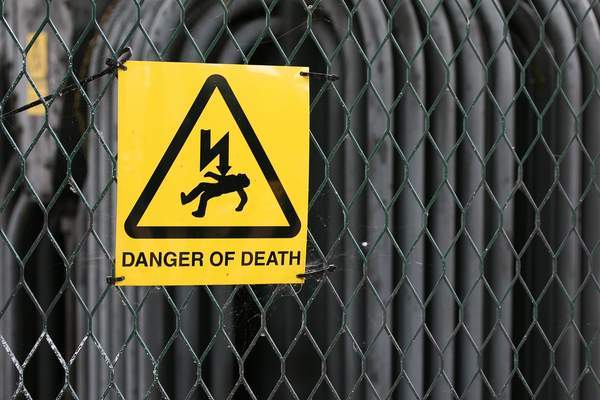Did you know that electrical issues are one of the leading causes of house fires in the United States? This fact underscores the importance of understanding electrical safety for every homeowner. Whether you’re a seasoned DIY enthusiast or new to home maintenance, knowing the essentials of electrical safety can protect your home and family. As a certified home inspector, I am here to share expert insights to help you maintain a safe and secure home environment.
Understanding Your Electrical System
Your home’s electrical system is a complex network designed to provide safe and reliable power. It typically includes a main service panel, circuit breakers, wiring, outlets, and switches. Familiarize yourself with the main service panel, which is often located in a basement or garage. Ensure that each circuit is clearly labeled to facilitate quick identification during emergencies.
- Service Panel: Ensure it is easily accessible and all circuits are clearly labeled.
- Circuit Breakers: Test them regularly. If they trip frequently, it could indicate an overload or short circuit.
- Wiring: Be cautious of outdated knob-and-tube or aluminum wiring, which may not meet current safety standards.
Practical Safety Tips
Electrical safety doesn’t stop at understanding your system; regular maintenance and vigilance are key. Here are some actionable tips:
- Install Ground Fault Circuit Interrupters (GFCIs): These are crucial in areas prone to moisture, such as bathrooms and kitchens. They prevent electric shock by cutting off the power when a fault is detected.
- Avoid Overloading Outlets: Use power strips with built-in surge protection and never daisy-chain extension cords.
- Inspect and Replace: Regularly check cords and outlets for signs of wear or damage. Replace any frayed or cracked cords immediately.
- Adhere to Building Codes: Ensure all electrical work complies with local building codes and standards, such as the National Electrical Code (NEC).
When to Call a Professional
While some electrical projects can be DIY-friendly, many should be left to the professionals. If you’re unfamiliar with electrical systems or face persistent electrical issues, consulting a qualified electrician or a professional home inspector is wise. They can provide a comprehensive assessment and ensure your home meets all safety standards.
Understanding and implementing electrical safety measures can significantly reduce the risk of accidents. Regular inspections and professional assistance can further safeguard your home. If you need a thorough evaluation of your electrical system, consider scheduling a professional home inspection to ensure peace of mind.

